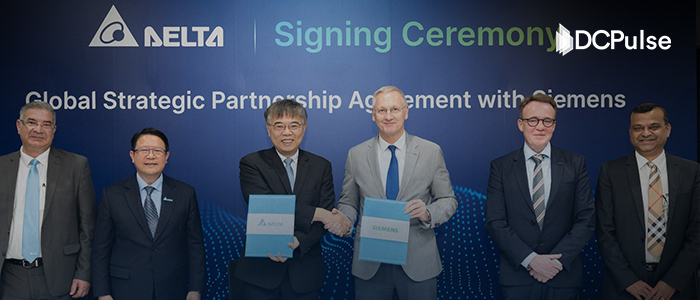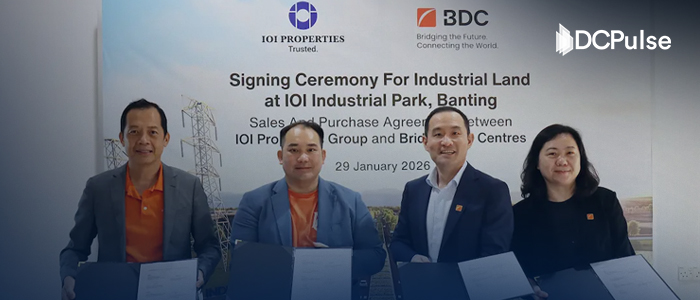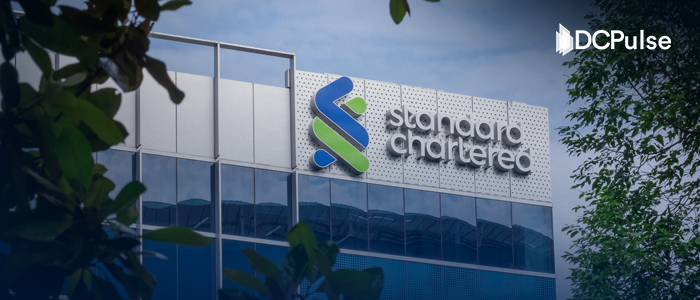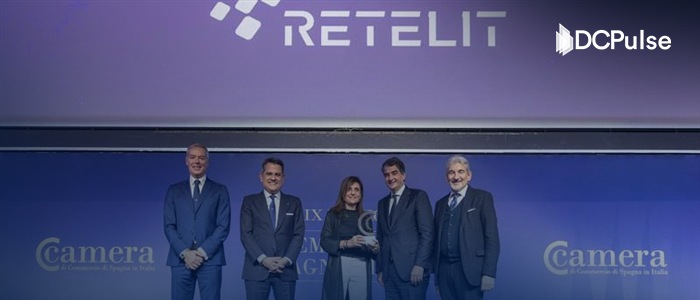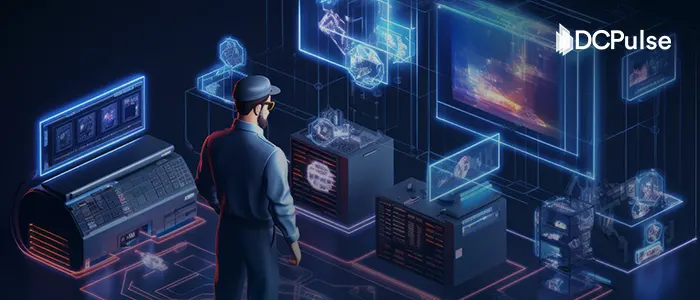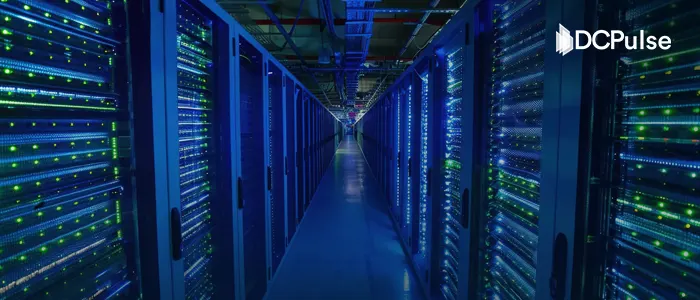Frankfurt, Germany, November 19, 2025- Siemens Smart Infrastructure and Delta Electronics have announced a global strategic partnership to deliver modular, prefabricated power systems specifically designed for data centres. The companies say this move will help hyperscale and colocation operators accelerate their build-out, cut costs, and reduce carbon emissions.
Under the agreement, Siemens will provide electrical distribution engineering and custom prefabricated SKIDs and eHouses, while Delta will supply high-efficiency UPS, batteries, cooling modules, and control systems. These modules are pre-tested to streamline on-site deployment.
The joint solution is meant to be “plug-and-play.” According to the companies, it can cut data-centre deployment time by up to 50%. That faster time-to-market could be a real benefit for firms racing to build AI-ready infrastructure.
Siemens and Delta also say operators can reduce capital expenses by as much as 20% by standardizing on these modular power units, thanks to smaller civil works, less concrete, and optimized layouts.
From an environmental point of view, the firms claim the approach delivers up to 27% less CO₂ emissions over traditional power infrastructure. The lower carbon footprint comes from more efficient construction and reduced raw-material use.
Jimmy Yiin, Executive Vice President at Delta, said, “Delta's commitment to energy efficiency is foundational to this agreement … Working with Siemens allows us to further expand the reach of our cutting-edge, energy-saving solutions rapidly through a single, globally supported supply chain across EMEA and APAC.”
Stephan May, CEO of Electrification & Automation at Siemens Smart Infrastructure, added, “Our partnership with Delta represents an important milestone for data centre construction … delivering a prefabricated, customizable solution that can drastically cut time-to-market by up to half.”
In practical terms, this deal could change how data-centre operators plan power architecture. Modular power systems can shrink civil engineering timelines and reduce build risk, which is especially useful for large AI-capacity campuses under tight schedules.
Analysts see this as a key response to the pressure on the industry: as data-centre demand for AI compute grows, companies are looking for ways to scale quickly and sustainably. Prefab solutions like this could become the default for the next generation of power-first data-centre builds.
Moving forward, the key questions will be how many reference projects Siemens and Delta can deliver in the near term, how fast they can scale production, and whether the claimed cost and carbon savings hold up in real-world deployments.
